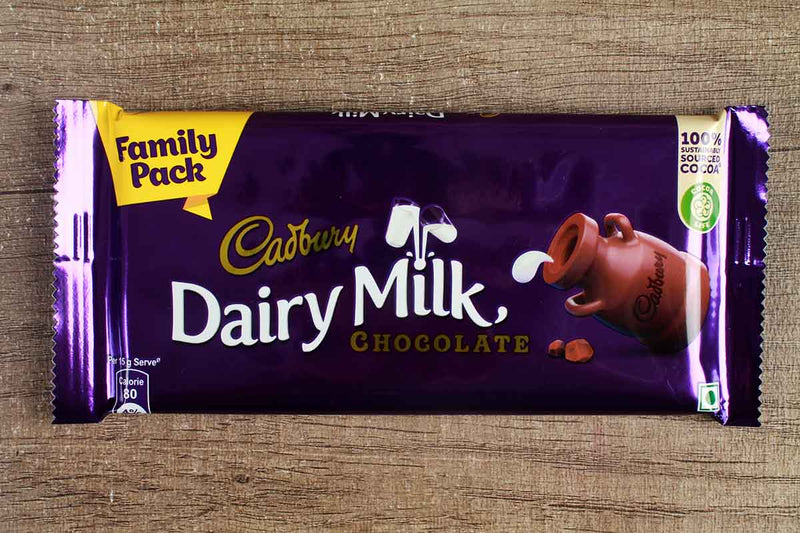From Farm to Table: The Comprehensive Guide to Dairy Milk...!!!
Dairy milk is a nutrient-rich beverage with a long-standing history and cultural significance. Its comprehensive nutritional profile makes it a valuable part of a balanced diet.

Introduction
Dairy milk is a widely consumed beverage globally, renowned for its rich nutritional content and versatility. Obtained primarily from cows, dairy milk is a crucial component of many diets, offering essential nutrients such as calcium, protein, and vitamins. This detailed guide delves into the various facets of dairy milk, including its production, nutritional benefits, types, and cultural importance.
Production Process
The journey of dairy milk from farm to table encompasses several stages:
-
Milking: Dairy cows are milked using mechanical milking machines. This automated process ensures hygiene and efficiency, with most cows being milked two to three times daily.
-
Storage and Transportation: Freshly collected milk is stored in refrigerated tanks to preserve its quality. It is then transported to processing plants in insulated tankers to prevent spoilage.
-
Processing: At the processing plant, milk undergoes pasteurization, a heat treatment that eradicates harmful bacteria without compromising its nutritional value. Homogenization follows, breaking down fat molecules to ensure a smooth and consistent texture.
-
Packaging: Processed milk is packaged in various forms, including cartons, bottles, and pouches. It is then distributed to retailers and consumers.

Nutritional Benefits
Dairy milk is celebrated for its comprehensive nutrient profile, offering numerous health benefits:
-
Calcium: Essential for strong bones and teeth, calcium in milk helps prevent osteoporosis and supports muscle function.
-
Protein: Milk provides high-quality protein, containing all nine essential amino acids necessary for muscle repair and growth.
-
Vitamins: Dairy milk is rich in vitamins, including vitamin D (fortified), vitamin B12, and riboflavin (B2). These vitamins play crucial roles in energy metabolism, red blood cell formation, and overall health.
-
Minerals: Besides calcium, milk contains vital minerals such as potassium, phosphorus, and magnesium, which support various bodily functions.
Types of Dairy Milk
Dairy milk is available in several types, catering to different dietary preferences and needs:
-
Whole Milk: Contains around 3.5% fat, offering a rich, creamy texture and full flavor. Ideal for children and those needing higher calorie intake.
-
Reduced-Fat Milk: Also known as 2% milk, this type has reduced fat content while retaining essential nutrients, balancing taste and health benefits.
-
Low-Fat Milk: With about 1% fat, low-fat milk offers a lighter option with fewer calories, suitable for weight management.
-
Skim Milk: Also known as fat-free milk, skim milk contains minimal fat and calories, making it an excellent choice for those seeking to reduce fat intake.
-
Flavored Milk: Chocolate, strawberry, and other flavored milks cater to those who prefer a sweet taste, although they may contain added sugars.
-
Lactose-Free Milk: For individuals with lactose intolerance, lactose-free milk provides the same nutrients as regular milk without causing digestive discomfort.

Cultural Significance
Dairy milk holds a significant place in various cultures and traditions:
-
Culinary Uses: Milk is a fundamental ingredient in numerous recipes, from baking and cooking to making beverages like tea, coffee, and hot chocolate. It is also the base for dairy products such as cheese, yogurt, butter, and ice cream.
-
Festivals and Rituals: In many cultures, milk is used in religious ceremonies and festive occasions. For instance, in Hinduism, milk is offered to deities and used in purification rituals.
-
Economic Impact: Dairy farming is a vital industry in many countries, providing livelihoods for millions of farmers and contributing to the economy. It also supports related industries such as feed production, equipment manufacturing, and transportation.
Dairy milk is a nutrient-rich beverage with a long-standing history and cultural significance. Its comprehensive nutritional profile makes it a valuable part of a balanced diet. Whether consumed on its own or as part of various dishes and products, dairy milk continues to play an essential role in our daily lives. Understanding its production, benefits, and types helps us appreciate the value of this versatile and nourishing drink.
What's Your Reaction?

















